7 Things To Avoid Eating When Traveling To Indonesia
By: Priyanka Maheshwari Mon, 25 Jan 2021 3:00:59
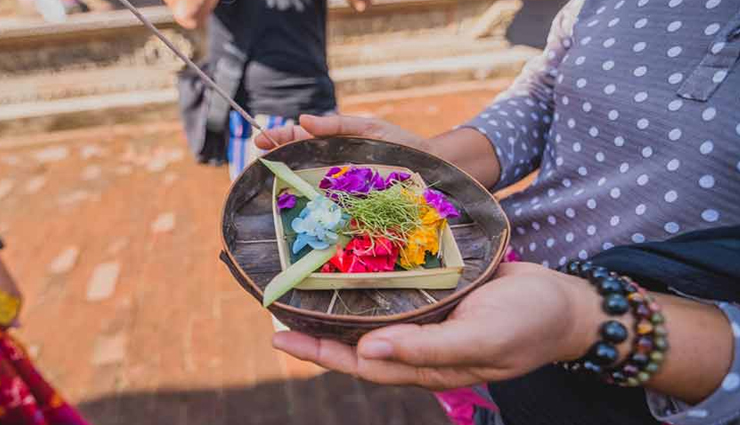
Scrumptious food is one of the best things about Indonesia, a sprawling archipelago that covers more than 17,000 islands and hundreds of different cultures and ethnicities. But don’t let that appetite spoil your wonderful tropical getaway by risking bacterial infections or other health problems. Read our guide on things to avoid eating when traveling to Indonesia.

# Tap water
When in Indonesia, it’s best to stick to bottled or gallon water. Locals are not in the habit of drinking water straight from the tap, so generally there is no reason for the government or regulators to reach a certain standard of quality. But don’t worry, tap water is safe for general use, like showering and cooking, and you can also drink it after boiling.
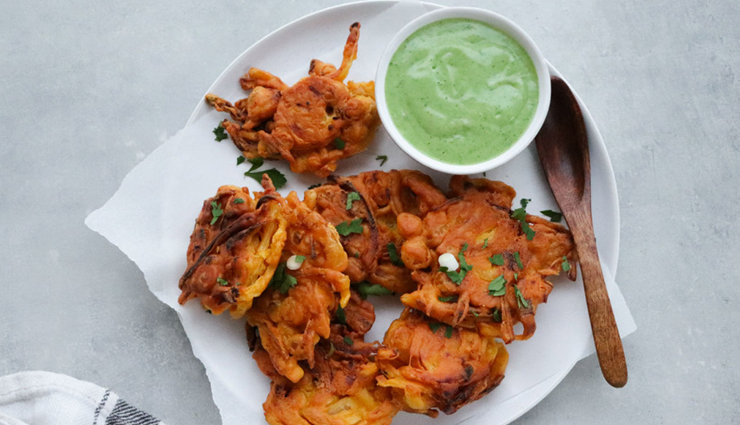
# Deep-fried fritters
Indonesians love their fritters (gorengan). But before you order a handful of them (street vendors offer 10 for $1 as fried banana, yam, tofu, etc.), take a look at the frying wok. Most street vendors reheat their frying oil up to the point where it looks dangerously thick and murky. And that surely increases the chance of cardiovascular disease; accumulated saturated oil offers increased fat and cholesterol and may block the arteries.

# Ice cubes
If you’ve seen large blocks of ice cubes being transferred carelessly from trucks to vendors, you’ll understand the caution. Often, they are not covered or handled properly while being transported, never mind the questionable water used to make the cubes. Usually, ice cubes that have holes in the middle are more trustworthy, but to be safe, only order iced drinks from established cafés or restaurants.
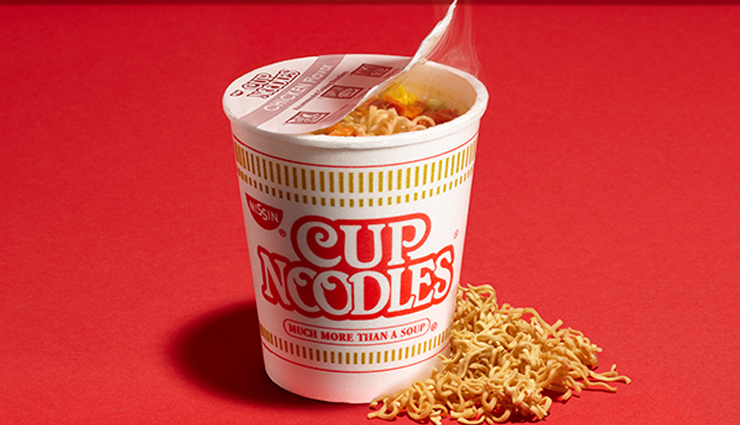
# Cups of instant noodle
Sometimes travelers opt for cheap, simple instant noodles in cups to eat on-the-go. But the risk is not worth the convenience. Some instant noodles in Indonesia still use Styrofoam cups, with all its carcinogenic components that gets even more dangerous when heated. Styrofoam also poses a threat to the environment because it does not dissolve.
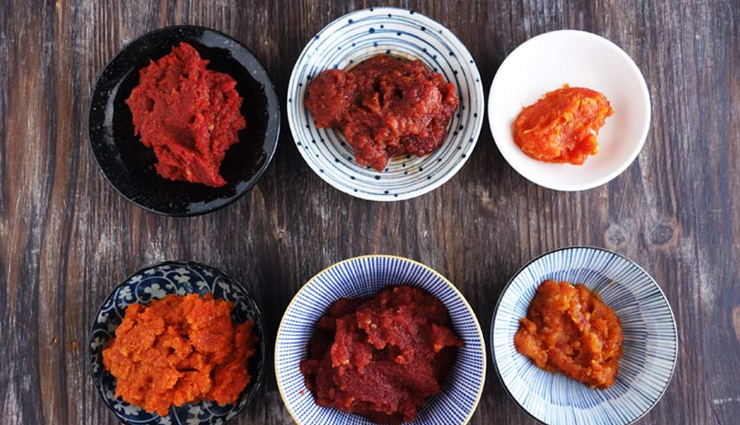
# Overly spicy sambal
Exposing your stomach to too much spiciness can be harmful to your system; it may cause stomach irritation or worse. When ordering food, keep in mind that Indonesians are generally more spice-tolerant than Western tourists. That means, very spicy food or condiments (sambal) may come without warning. They may taste good at first, but it won’t be long before you start running for the bathroom. Be sensitive to your own limit. You don’t have to eat the spicy sauce or finish an overly spicy meal.

# Questionable meat
Reported cases of street food vendors masquerading dog or rat meat as chicken or beef have sparked reasonable paranoia among tourists and locals alike. Although that’s not always the case with street food vendors, it’s best to stick with the reputable ones or avoid eating meat from street vendors altogether. Sorry to break it to you, but the same caution also goes for the famed satay or bakso (Indonesian meatball).
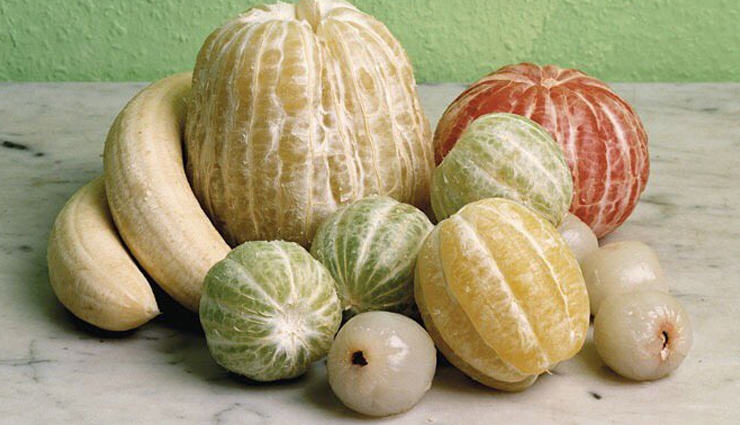
# Peeled fruits
Many street vendors sell ready-to-eat fruits in carts. And while they look fresh and convenient to eat, they may not be as hygienic as you’d expect. The knife used to peel and cut the fruits may not be clean, the vendors may not wash their bare hands properly before touching the peeled fruit directly, flies may have perched themselves on the fruit, or the cart may not be scrubbed regularly. There are just many factors that could compromise the sanitary of street vendors’ fruits.





